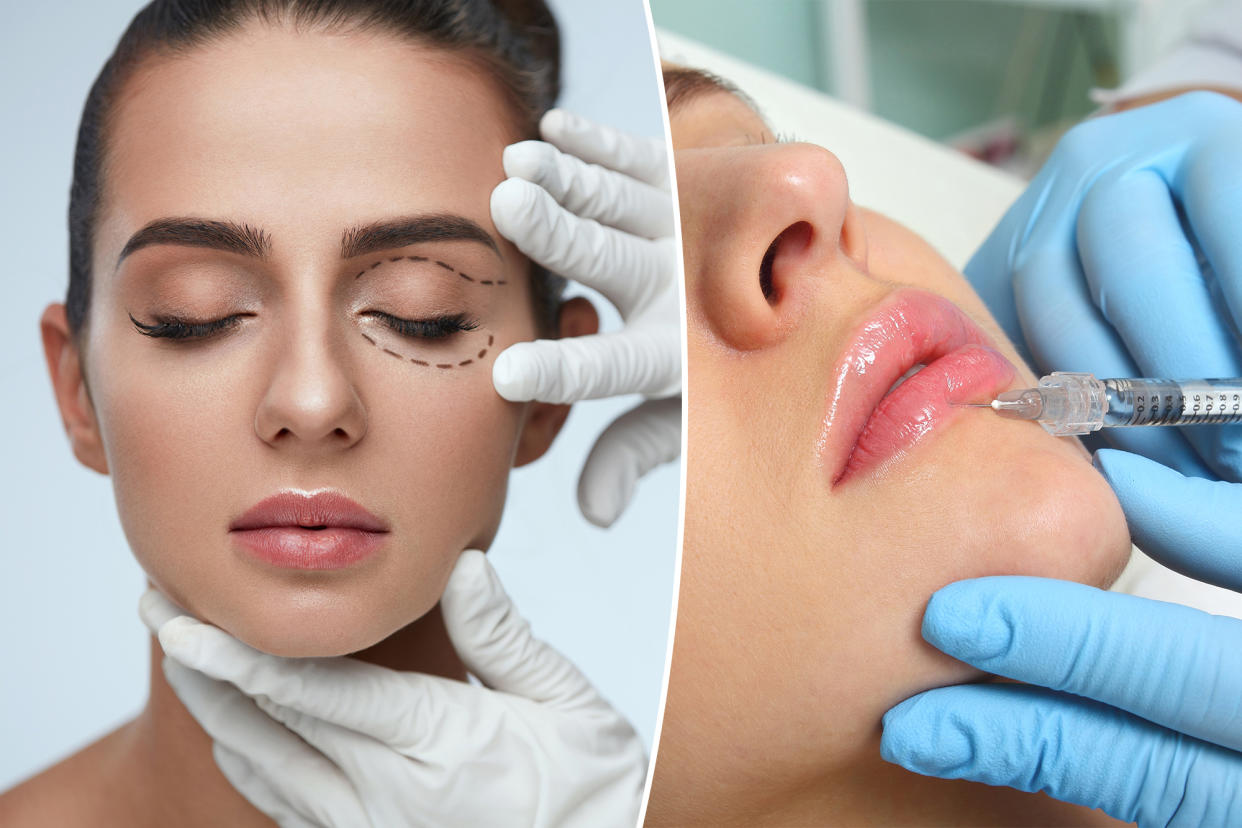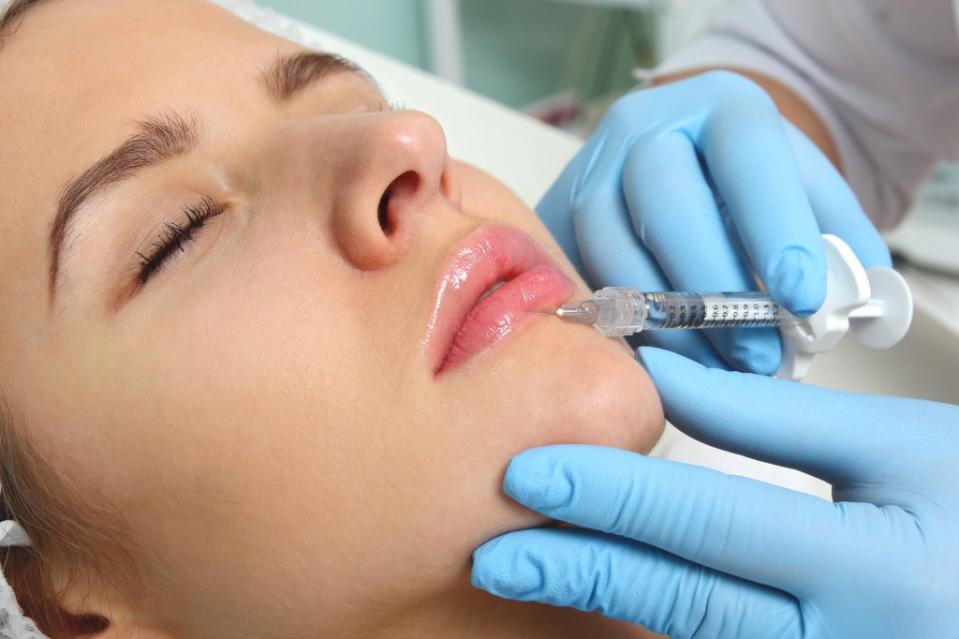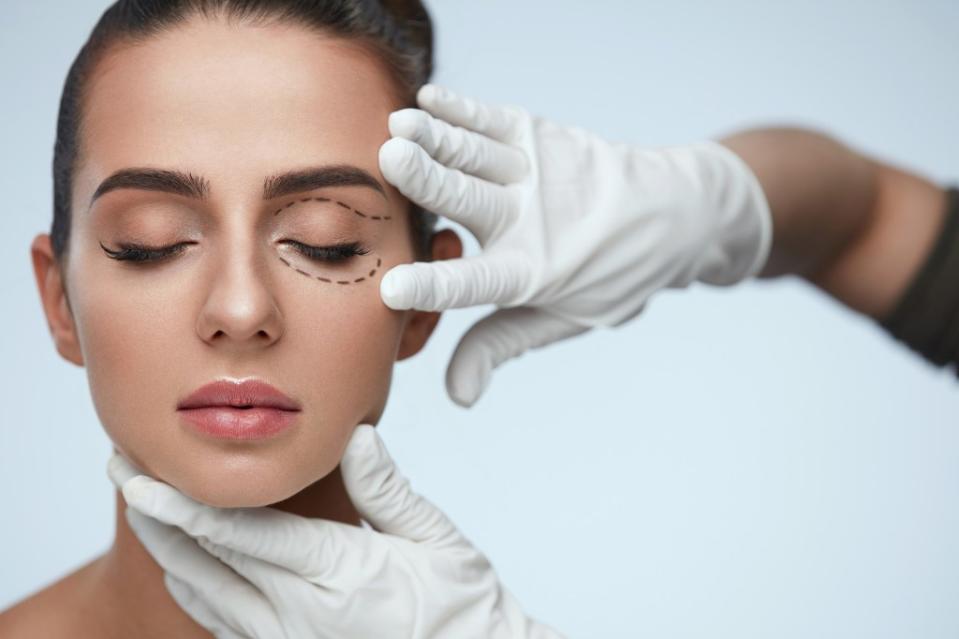‘Selfie culture’ is driving people to get plastic surgery so they look like filtered photos: study

Forget face tune — social media mavens are permanently altering their features to look like filters, according to a new study.
Researchers from Boston University found a link between social media use and cosmetic procedures, associating more time spent on apps and using photo editing software with appearance dissatisfaction and the desire to change physical features.
As a result of “selfie culture,” users developed “Snapchat dysmorphia” and sought out procedures to copy the filtered images of themselves.
The number of participants considering aesthetics procedures increased from 64% to 86%, and those who sought out a consultation with a surgeon soared from 44% to 68%, according to the study.
Meanwhile, post-COVID, approximately 78% of volunteers said getting a procedure would boost their self-esteem — that was 30% more than pre-pandemic.
“However, the filter effects and extensive photo manipulation often create images that are physically unattainable,” the study authors wrote.

Past studies have demonstrated the effects of social media on teens, suggesting an association between internet use and poor body image. Last year, the surgeon general warned about the impact that such platforms have on teens as concerned parents claim popular social apps made their children suicidal or develop an eating disorder.
The Boston University researchers speculate that the distorted body image associated with “selfie culture” spurred an increase in aesthetic procedures during the pandemic, when screen time skyrocketed. In 2019, an estimated 3.5 billion people used social media applications and spent upwards of 6.3 hours on the internet, per the report.
“While there was an increase in cosmetic focus during the COVID pandemic, until now there has not been data highlighting a clear link or factors that made patients more or less likely to participate in cosmetic treatments,” study author Dr. Neelam Vashi, an associate professor of dermatology at the university, said in a statement.

The study, published in the Journal of Clinical and Aesthetic Dermatology, surveyed 175 participants over the age of 18 from 2019 to 2021. The volunteers completed a questionnaire about their social media usage, their insight on cosmetic procedures and if they would go under the knife.
The team of researchers found that frequent use of social media, like Instagram or Snapchat, and photo editing apps, such as Lightroom or FaceTune, was associated with increased body image dissatisfaction, while following celebrities, influencers and accounts showing the results of cosmetic procedures online influenced users’ desire for aesthetic treatments.
“While there are many factors that likely contribute to this, social media usage did likely increase the desire, amongst a subset of patients, to seek cosmetic procedures,” the authors wrote.
The results prompted the authors to call for physicians to discuss internet use with patients.
“Quality care begins with quality conversations, and we hope this study encourages providers to ask about all aspects of a patient’s life to better understand their motivations and goals of care,” said Vashi, who is also the director of the Boston University Cosmetic and Laser Center at Boston Medical Center.

